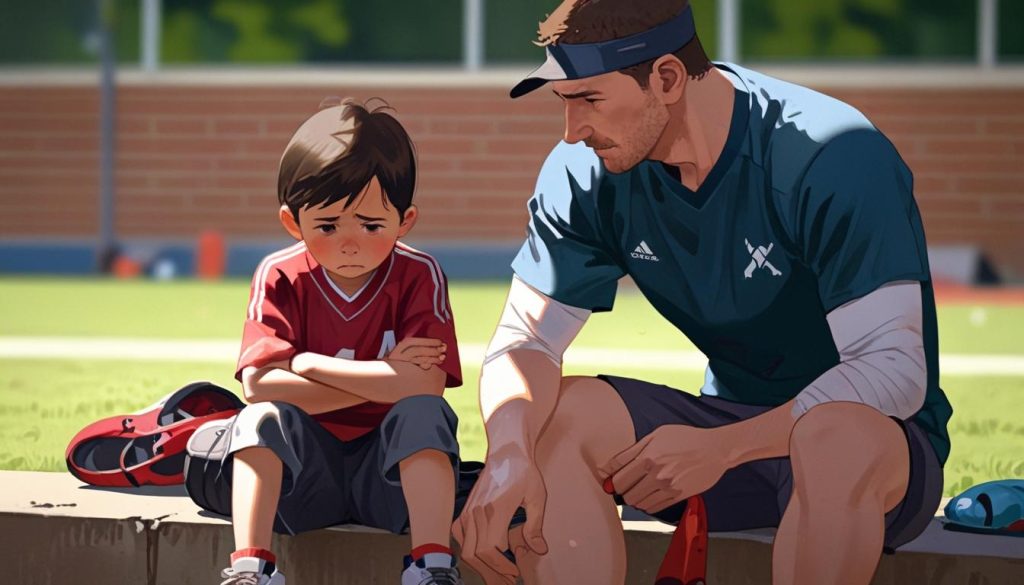Concussions can lead to persistent hearing problems, affecting individuals of all ages. Experts highlight the importance of awareness and early intervention.
Concussions are increasingly recognised as a common yet significant form of mild brain injury that can have enduring consequences, particularly affecting an individual’s hearing abilities. The Bristol Post has reported on how the symptoms of concussions, such as dizziness, headaches, and confusion, can persist even after the more immediate signs have faded.
Typically, a concussion results from a blow to the head and is most often associated with physical activities, including sports, falls, or vehicular accidents. However, the effects of such an injury can extend beyond immediate cognitive disturbances. Mayo Clinic audiologist, Katie Dease, Au.D., notes that while many individuals recover fully from the obvious symptoms, there can be less apparent but significant lingering effects on hearing.
Among the symptoms that can affect the auditory system are persistent ear ringing, known as tinnitus, sensitivity to noise, and other hearing difficulties. The inner ear, which plays a vital role in sound perception, contains delicate hair cells that convert mechanical vibrations into electrical signals. Dease likens these hair cells to blades of grass; some may recover after being “stepped on,” while others become irreparably damaged. This loss of cells can disrupt the brain’s ability to process sounds, ultimately leading to long-term challenges such as difficulty understanding speech in noisy environments, particularly for those who have suffered concussions.
Research has shown that athletes who experience concussions may face substantial difficulties in distinguishing spoken words amidst background noise. In specific studies, athletes listened to simple sentences overshadowed by progressively louder sounds, revealing that increased background noise significantly hindered their ability to comprehend verbal communication. Additionally, previous findings have suggested that concussed individuals may exhibit hypersensitivity to sound or have trouble processing quickly spoken information.
The potential for hearing issues following a concussion can affect individuals of all ages. Common activities that lead to concussions—including basketball, cycling, football, and various winter sports—highlight the widespread nature of this concern. In light of this, it is essential for parents and guardians to remain vigilant for auditory symptoms like tinnitus or hearing challenges in children recovering from concussions.
For those experiencing hearing-related problems after a concussion, the Bristol Post recommends seeking assistance from specialists such as ear, nose, and throat doctors, who can assess ear health and identify any pre-existing conditions that may contribute to auditory difficulties. Audiologists can also provide comprehensive evaluations, including tests for hearing and balance, and may offer strategies to manage symptoms. In severe cases, discussions about hearing aids or other interventions may be necessary to support ongoing hearing issues.
Source: Noah Wire Services





